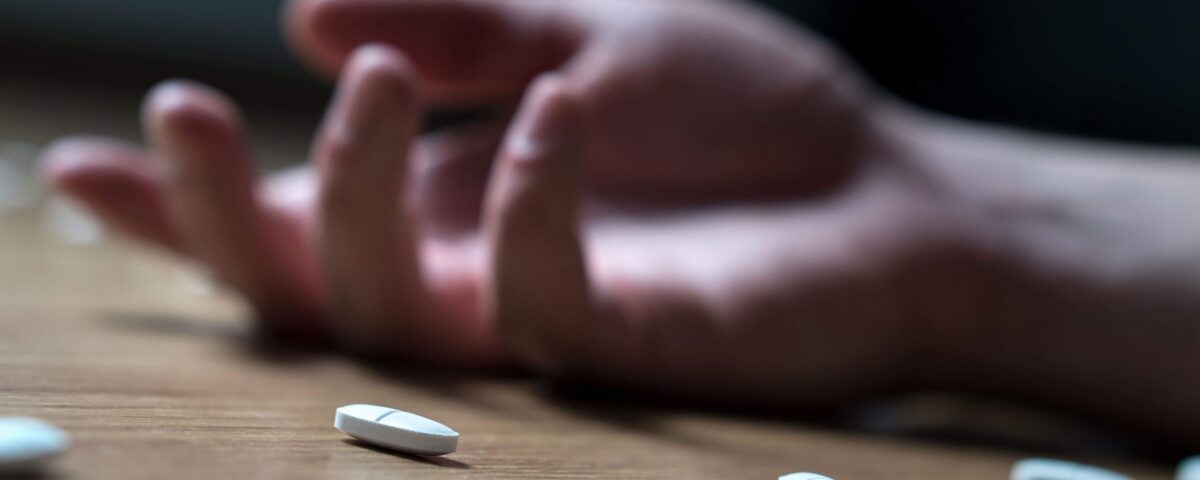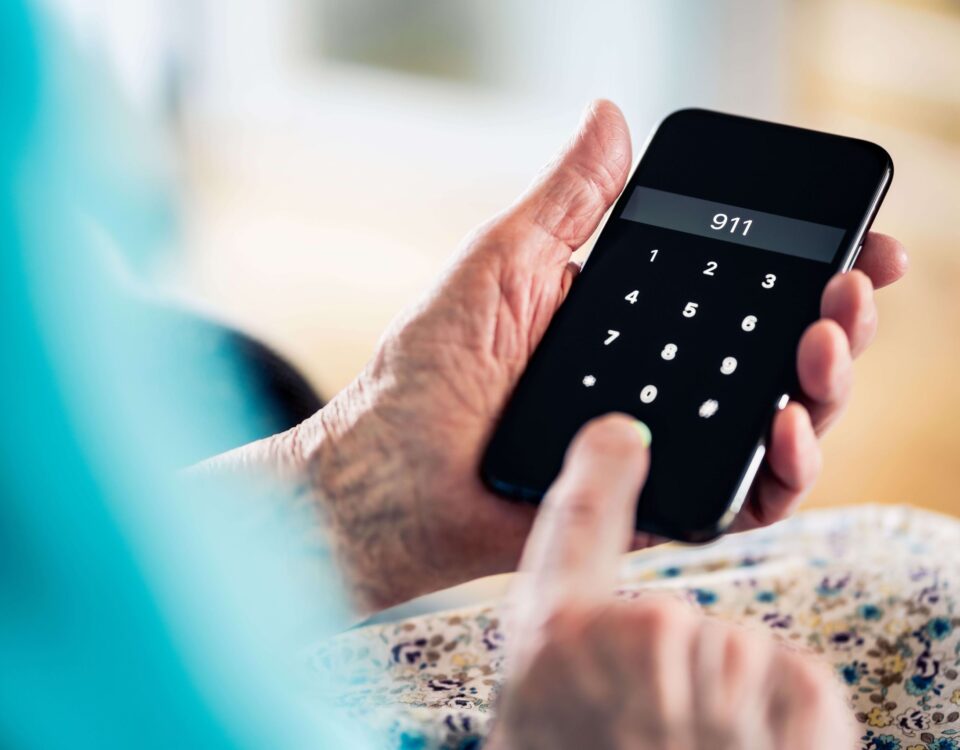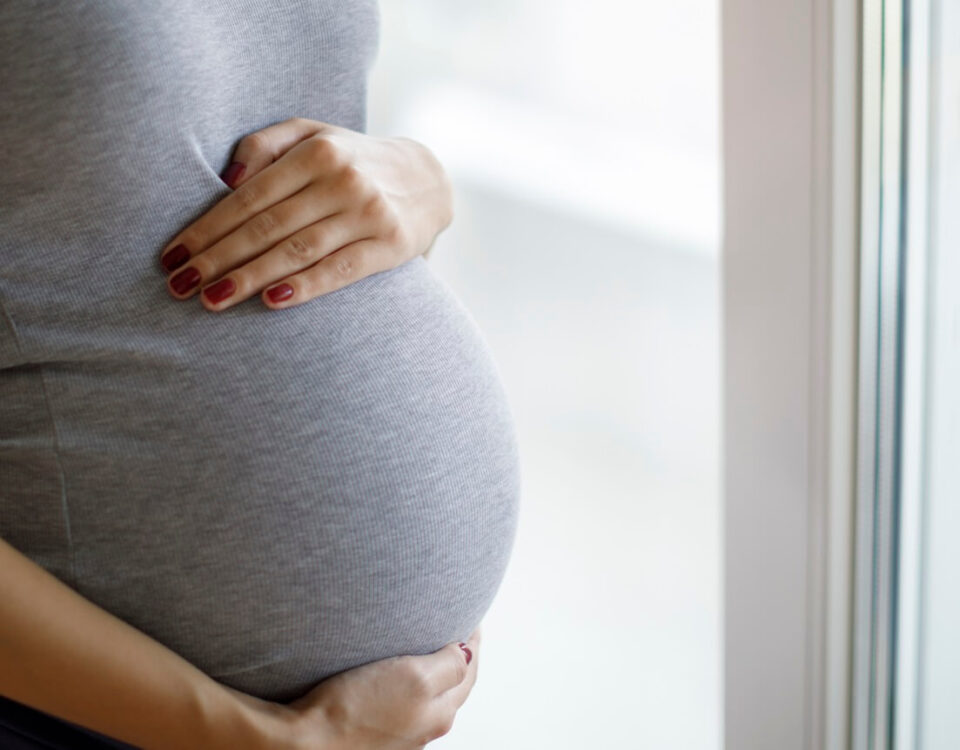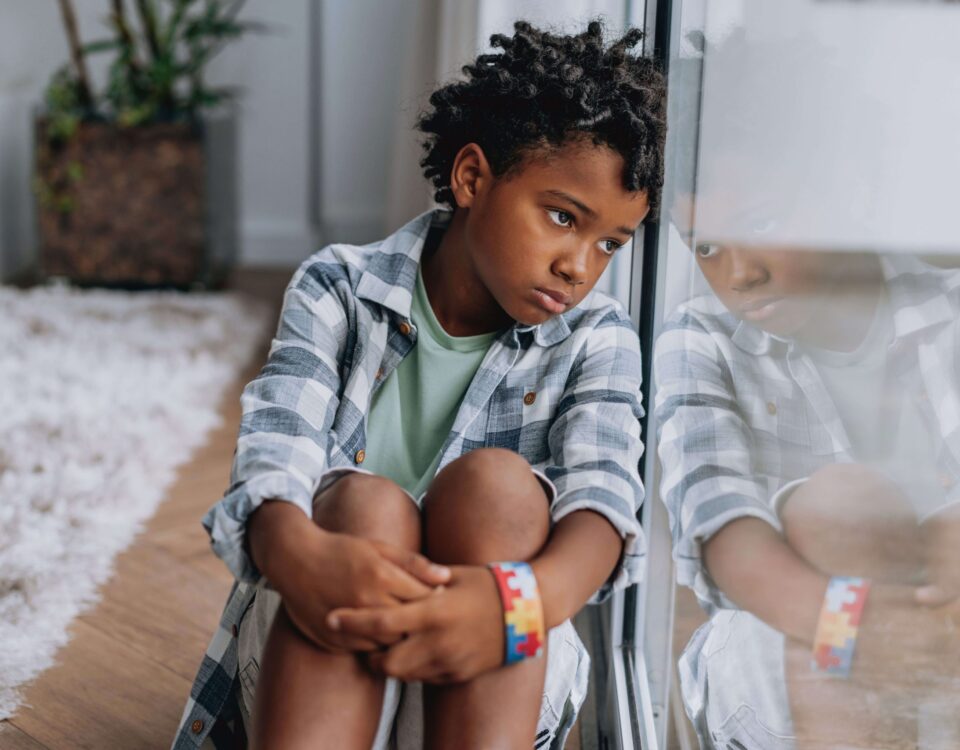- Have any questions?
- 412-123-4567
- noreply@upmc.com
What to Do if You Think a Child Has Overdosed During Babysitting

A child can get very sick and even die if they take a medication, supplement, or an illicit drug that is meant for an adult. As a babysitter or caregiver, you should know what steps to take to prevent unintended exposures to medicine, supplements, and drugs. The first step is always prevention – keeping these out of children’s reach.
An overdose can happen when a child finds a pill on the ground and swallows it. A child may also drink medication or eat medicated gummies if they're accessible, especially if they taste good.
A common way that medication overdoses occur is when a caregiver accidentally gives a child too much medication. Children are especially at risk from taking too much Tylenol because acetaminophen is a common drug in many medicines and is toxic in high doses. Though an overdose is unlikely to happen when you're babysitting, you'll need to respond quickly if one does.
What to Do if You Think a Child May Have Overdosed
If you think a child may have overdosed on a drug or other substance and they're showing symptoms, call 911.
Symptoms of overdose in a child may include:
- Diarrhea.
- Extreme sleepiness.
- A rapid or slow heartbeat.
- Seeming awake but unable to speak.
- Slow or fast breathing.
- Stomach pain.
- Unconsciousness (you can't wake up the child).
- Vomiting.
If you think a child ingested too much of a medicine, drug, or substance or ate or drank something they shouldn't have, call poison control. The number for this free service is 1-800-222-1222, and it's open 24 hours a day.
You should call poison control right away, even if a child isn't showing symptoms of an overdose. A child could get organ damage before symptoms show. Early treatment can prevent serious health problems.
The service attendant will ask questions about what the child consumed, how much they took, and their symptoms. They may instruct you to call 911 or take the child to the emergency department.
In the emergency department, doctors may give a child treatments that absorb the extra medication in the child's body. They may also give treatments to induce vomiting or prevent organ damage. The treatment will differ depending on the medication or substance behind the overdose.
Inform the child's parents about what's happening as soon as possible so they can help.
Acetaminophen (Tylenol) overdose in children
Acetaminophen (Tylenol) is the most common medication that leads to overdose in both adults and children. That's according to the American College of Medical Toxicology. This is because acetaminophen is very common in many medications, and an overdose can cause serious liver damage.
Signs of a Tylenol overdose in kids may include nausea, vomiting, sleepiness, and abdominal pain. However, symptoms may not show up right away.
Children may need Tylenol for fever or pain. Some cough and cold medications also contain acetaminophen. The medication comes in liquid and chewable tablet forms that taste good to help children take it.
If a child's parent asks you to give them Tylenol, double-check the correct dosage with them.
You can also ask them to measure the dose before they leave. For example, they can pour one dose into a small cup and put the cup out of the child's reach until they need it.
Make sure to wait at least four hours before giving a child another dose of Tylenol. Write down when you gave the medication and how much you gave so the parent is aware.
Ibuprofen (Advil and Motrin) Overdoses in Kids
Ibuprofen brand names include Advil and Motrin. For children, ibuprofen comes in chewable tablets or flavored and sweetened liquids.
Like Tylenol, parents may give this medication to treat pain, a fever, or a cold.
Signs of a Motrin overdose in kids include:
- Abdominal pain.
- Feeling nauseous.
- Feeling tired.
- Vomiting.
To prevent an ibuprofen overdose when babysitting, always ask the child's parent/guardian before you give them any. Don't give ibuprofen to an infant younger than 6 months.
Before you give a child an additional dose of ibuprofen, you should ensure six hours have passed since their last dose. Note the time you gave the medication so you and the child's parent can reference it later.
Because weight determines a child’s correct ibuprofen dose, you should check the correct dose with the child's parent before giving this medication. Have them measure it out for you.
Overdoses in Kids: Medications and Supplements
Children can overdose on various other medications as well. Even one normal dose of an adult medication can make a child overdose. If a child consumes a pill from an adult prescription bottle, you should call poison control at 1-800-222-1222.
An amoxicillin overdose in kids could happen because amoxicillin is a common medication for bacterial infections. Amoxicillin overdoses in kids usually aren't harmful. However, if a child consumes a very high amount, it can cause kidney damage.
Children can also overdose on herbal medications and natural supplements. Melatonin is a synthetic form of a natural hormone that helps to induce sleep. Often, it comes as gummies that many kids really like. If they find the gummies, they may eat many of them at once.
Melatonin overdoses in kids have become more common in recent years because overall usage of the sleep aid has gone up. In 2021, 5% of calls to poison centers about children involved melatonin.
A melatonin overdose in kids can cause extreme sleepiness. It can also cause nausea and vomiting.
Whether children show symptoms or not, a melatonin overdose can pose a danger to children. In rare cases, it can even lead to death.
Children may also consume far more vitamin and mineral supplements than they should if they taste good. Some children's supplements contain iron, and too much iron can hurt the intestines and liver.
How to Prevent an Accidental Overdose When Babysitting
Take these steps to keep children safe from an overdose.
- Never bring illicit drugs to a child's house. Children have died from ingesting opioids, marijuana, and other substances.
- Ask parents where they keep medications so you can keep the kids away. Make sure medications are out of the reach of young children.
- If you're giving medication to a child, carefully check the correct dosage. Read the label on the bottle and double-check the dose with the parent.
- Never give medication to a child without permission from the parent.
- If you give medication to a child, put the lid back on tightly. Put the bottle back so that it's out of the child's reach and out of their sight.
- Beware that children may eat too much of a medicine if it tastes good or looks like candy. Take extra caution with these types of medications and supplements.
- For liquid medications, use the measuring cup that comes with the medication bottle. It will have marks for various dosages. Don't use a kitchen spoon.
- If you take medication and need to bring it to a house where you're babysitting, keep your bag with the medication out of reach of a child.



